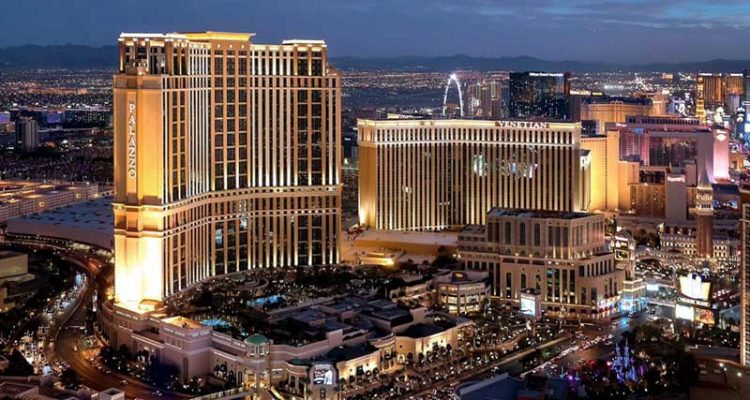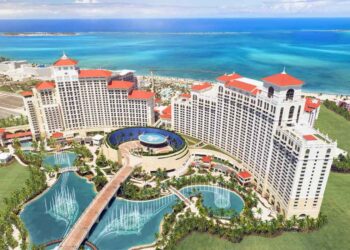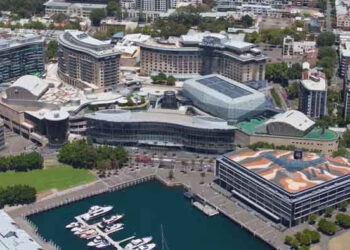The potential risks associated with the upcoming expiration of the company’s Macau gaming concession in 2022 could prompt the family of Sheldon Adelson to start selling down its Las Vegas Sands stake, according to a note from investment insights platform Smartkarma.
Bucking the popular opinion that the company will seek a period of stability following Adelson’s passing last week – which has seen Acting CEO Robert Goldstein and CFO Patrick Dumont take control of day-to-day operations – Smartkarma’s Howard J Klein says the timing could be just right for the Adelson family to reduce its interest, currently at 57%.
And the most compelling reason for doing so is Macau, where the retendering process for Macau gaming licenses is due to start this year.
“An orderly disposition of the [Adelson family’s] huge chunk of assets would fall within the shadow timing of the Macau re-concession talks scheduled to begin in 2022, or 2023,” Smartkarma says, noting potential delays to the process due to COVID-19.
“While we believe the overall risk to US owned Macau casino operators that Beijing will target their properties for confiscation is low, it looms as a consideration for the Adelson family interests. The Macau concession contracts do not provide for compensation to casino owners for their assets should their concessions not be renewed.
“For the purposes of the Adelson family, concerned about long term values, dividend flow to itself and its charitable work, it is … a prime consideration in a decision on whether to consider selling or staying pat.”
Recent history also suggests a sale may be on the cards, according to Smartkarma’s analysis, with Klein pointing to the examples of MGM Resorts and Wynn Resorts for guidance. In the case of MGM, he notes, the 2015 death of Kirk Kerkorian saw his family investment firm, Tracinda, immediately start selling down its interests with the last remaining Tracinda shares sold in 2019.
In the case of Wynn Resorts, Elaine Wynn held onto her stake following the ouster of founder Steve Wynn in 2018, however she was still active in company affairs at the time.
By contrast, Adelson’s wife of 30 years, Dr Miriam Adelson – who now owns the majority of the couple’s 57% stake – may be less inclined to maintain control given her “lifelong dedication springing from her medical practice.”

There may also be some value to be gained from offloading shares in the near-term, Smartkarma says, given their current price of US$53.44 (as of close Friday) sits roughly midway between its five-year high of US$80.60 in May 2018 and its pandemic low of US$37.92 last March.
“There is a case to be made both ways,” says Klein. “On the one hand, the family interest is vested in a reinstitution of dividends and holding onto its equity and control. Yet on the other, we see a scenario post-pandemic that could position the company and its shareholders to fetch a considerable premium for its equity given the current trading range of the stock.
“A potential buyer can probably value the assets in terms of a projected recovery to 2019 levels in revenue and EBITDA within two years.
“At the same time, the LVS capex commitment made to the Government of Singapore for US$3.3 billion on behalf of an expansion of Marina Bay Sands has been temporarily suspended due to the pandemic. LVS has already laid down the first US$1 billion toward the project, so the heirs have to seriously consider a sale of the company if a viable buyer shows up offering an attractive premium in the intermediate term.
“The commitment for the remaining US$2.2 billion to Singapore would then fall on a successor owner.
“We have weighed potential outcomes following the passing of Sheldon Adelson. Though many industry observers thus far have expressed the belief that the family expects to hold its 57% of LVS equity long term, we remain skeptical of that view.
“There are just far too many positives in the mix for the heirs not to consider selling off equity either in chunks or all at once to an industry buyer for example.”






























